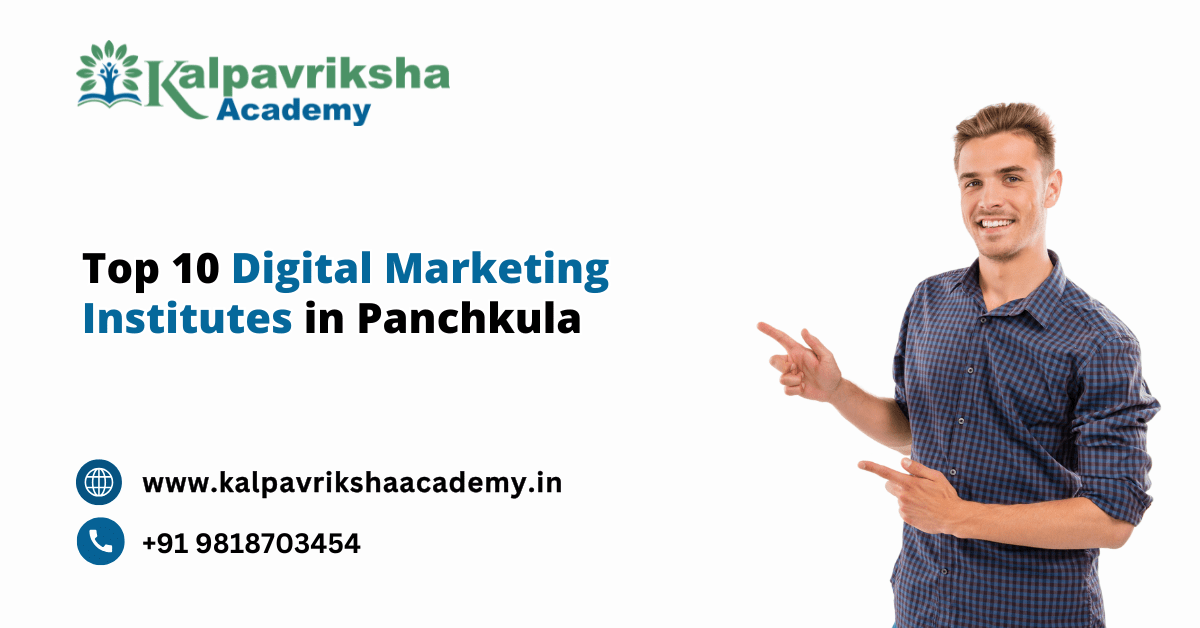Digital marketing is changing the way businesses connect with their audiences, creating a vibrant and interactive landscape where brands can thrive. Imagine reaching your ideal customer at the exact moment they’re searching for your product, engaging them with compelling content, and building lasting relationships through personalized interactions. Through this article you will get a better understanding about the benefits of digital marketing and its strategies.

What is digital marketing?
Digital marketing refers to the use of digital channels, platforms, and technologies to promote, advertise, and engage with a target audience. Digital marketing strategies aim to reach, influence, and convert individuals in the digital space, ultimately driving brand awareness, customer acquisition, and business growth.
What are the benefits of digital marketing?
These benefits of digital marketing are essential for modern businesses aiming to grow their online presence and reach their target audience effectively. Digital marketing offers several benefits, including:
Global Reach: One of the main benefits of digital marketing is that it allows businesses to reach a global audience, breaking down geographical barriers.
Cost-Effective: Compared to traditional marketing methods, digital marketing often offers better ROI and allows for more targeted spending.
Targeted Audience Reach: You can precisely target your audience based on demographics, interests, behavior, etc., increasing the likelihood of conversion.
Measurable Results: Digital marketing campaigns are easily measurable through analytics tools, providing insights into what’s working and what’s not.
Personalization: Another benefit of digital marketing is that it enables personalized marketing efforts, tailoring messages to specific consumer segments.
Brand Development: Consistent online presence and engagement help in building brand reputation and trust.
5 key features of digital marketing
The 5 key features of digital marketing collectively enable businesses to optimize their marketing efforts, improve customer experience, and achieve better outcomes in the digital landscape. The 5 key features of digital marketing include:
Targeting and Personalization: Digital marketing allows precise targeting of specific audiences based on demographics, behaviors, interests, and more. Personalization further enhances relevance and engagement with consumers.
Measurable Results: digital marketing offers robust analytics tools that provide real-time and detailed insights into campaign performance. Metrics like impressions, clicks, conversions, and ROI are readily available for analysis and optimization.
Multichannel Marketing: Digital marketing leverages various online channels such as search engines, social media, email, websites, and mobile apps to reach and engage audiences across different touchpoints.
Automation: Automation tools streamline repetitive tasks such as email marketing, social media posting, and customer relationship management (CRM). This improves efficiency and allows marketers to focus more on strategy and creativity.
Interactivity and Engagement: Digital marketing facilitates direct and instant interaction with consumers through social media comments, live chats, email responses, and personalized content.

What skills are needed for digital marketing career growth ?
Developing and honing these skills will not only help individuals thrive in their current digital marketing roles but also pave the way for career advancement and leadership opportunities in the field. To excel in a digital marketing career growth, several key skills are essential:
Analytical Skills: To excel in a digital marketing career growth ability to analyze data, interpret metrics, and derive actionable insights from digital marketing campaigns is crucial.
Creativity: Creative thinking helps in developing engaging content, innovative campaign ideas, and compelling visuals that resonate with the target audience.
Technical Proficiency: Understanding of digital marketing tools and platforms such as SEO tools, social media management tools, email marketing software, and CRM systems is necessary.
Content Marketing: Skills in content creation, copywriting, storytelling, and understanding of SEO principles for content optimization are essential for effective digital marketing strategies.
Social Media Marketing: Knowledge of various social media platforms, their algorithms, and best practices for organic and paid campaigns is critical.
PPC Advertising: Familiarity with pay-per-click advertising platforms like Google Ads and social media ads, including campaign setup, optimization, and budget management.
Understanding of UX/UI: Awareness of user experience (UX) and user interface (UI) principles to optimize website and landing page design for better conversion rates.
Data-driven Decision Making: To excel in a digital marketing career growth you need the ability to make strategic decisions based on data analysis and campaign performance metrics to continuously optimize marketing efforts.
Project Management: Organizational skills and the ability to manage multiple campaigns, deadlines, and stakeholders effectively.
Adaptability and Learning Agility: Given the rapid evolution of digital marketing trends and technologies, being adaptable and proactive in learning new skills and industry changes is crucial for career growth.
How to improve search engine ranking ?
Improving search engine ranking involves several strategies and techniques aimed at optimizing your website to appear higher in search engine results pages (SERPs). Here are some key steps for how to improve search engine rankings:
1. Keyword Research: Identify relevant keywords that your target audience is searching for. Use tools like Google Keyword Planner, SEMrush, or Ahrefs to discover keywords with high search volume and low competition.
2. On-Page Optimization:
- Title Tags and Meta Descriptions: Ensure each page has a unique, descriptive title tag and meta description that includes relevant keywords.
- URL Structure: Use SEO-friendly URLs that include keywords and accurately describe the page content.
- Image Optimization: Optimize images by using descriptive alt text and optimizing file sizes for faster loading times.
3. Mobile Optimization: Ensure your website is mobile-friendly and responsive. Google prioritizes mobile-friendly websites in search rankings.
4. Page Speed: Improve your website’s loading speed by optimizing images, leveraging browser caching, and minimizing unnecessary plugins or scripts.
5. Internal Linking: Link to relevant internal pages within your website to improve navigation and distribute link equity throughout your site.
6. External Linking: Obtain high-quality backlinks from reputable websites in your industry. Focus on earning natural backlinks through quality content and outreach efforts.
What are the most cost effective marketing strategies ?
Cost-effective marketing strategies vary depending on the business, industry, and target audience. Here are some most cost effective marketing strategies:
- Content Marketing: Creating and sharing valuable, informative content through blogs, articles, videos, and social media can attract and engage your target audience without significant costs.
- Social Media Marketing: Leveraging social media platforms to connect with your audience, share content, run targeted ads, and engage in conversations can be cost-effective, especially compared to traditional advertising.
- Search Engine Optimization (SEO): one of the best cost effective marketing optimizing your website and content to rank higher in organic search results can drive consistent traffic without ongoing ad spend.
- Email Marketing: Building an email list of subscribers interested in your products or services allows you to nurture relationships, promote offers, and drive sales at a relatively low cost.
- Partnerships and Collaborations: Collaborating with complementary businesses or influencers to reach their audiences can expand your reach without significant upfront expenses.
Conclusion
Digital marketing has revolutionized the way businesses connect with their audiences, offering unparalleled opportunities for growth and engagement in today’s digital landscape. By leveraging targeted strategies such as SEO, content marketing, social media, and analytics-driven insights, businesses can enhance their online presence, optimize customer interactions, and achieve measurable results. Embracing these principles empowers businesses to effectively navigate competitive markets, foster meaningful relationships with their audience, and drive sustainable growth in the digital age.
FAQs
1.Why is digital marketing important?
Digital marketing allows businesses to reach a global audience, target specific demographics, measure campaign performance accurately, and achieve a higher return on investment (ROI) compared to traditional marketing methods.
2.What are the key components of digital marketing?
Key components include search engine optimization (SEO), content marketing, social media marketing, email marketing, pay-per-click (PPC) advertising, and analytics. Each component serves different purposes in attracting and engaging customers online.
3.How does SEO work in digital marketing?
SEO involves optimizing your website and content to rank higher in organic search engine results. This includes keyword research, on-page optimization (like meta tags and content), off-page optimization such as backlink building, and technical SEO .










